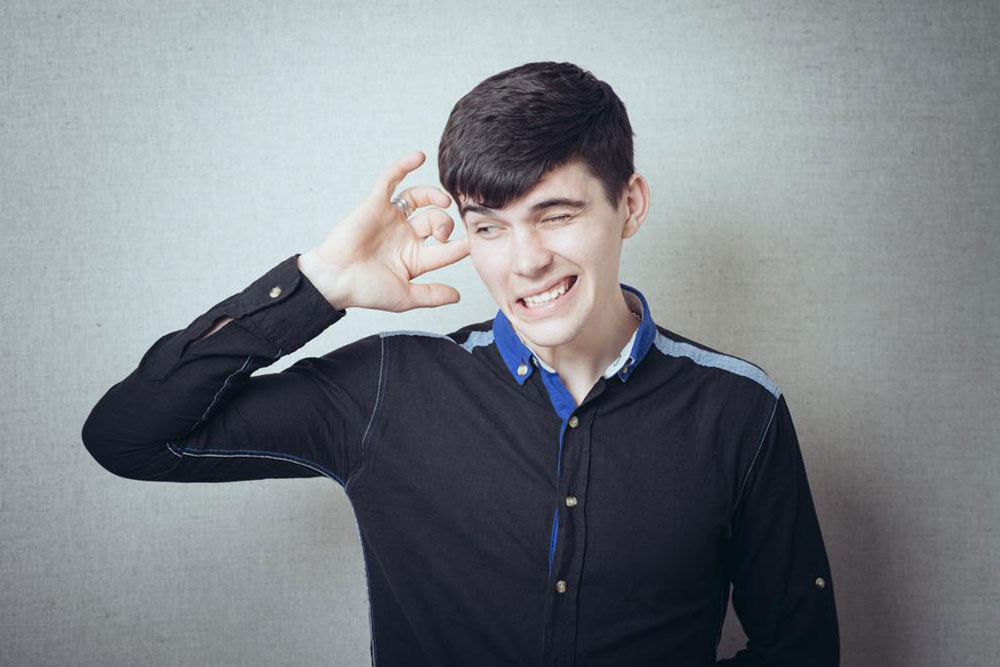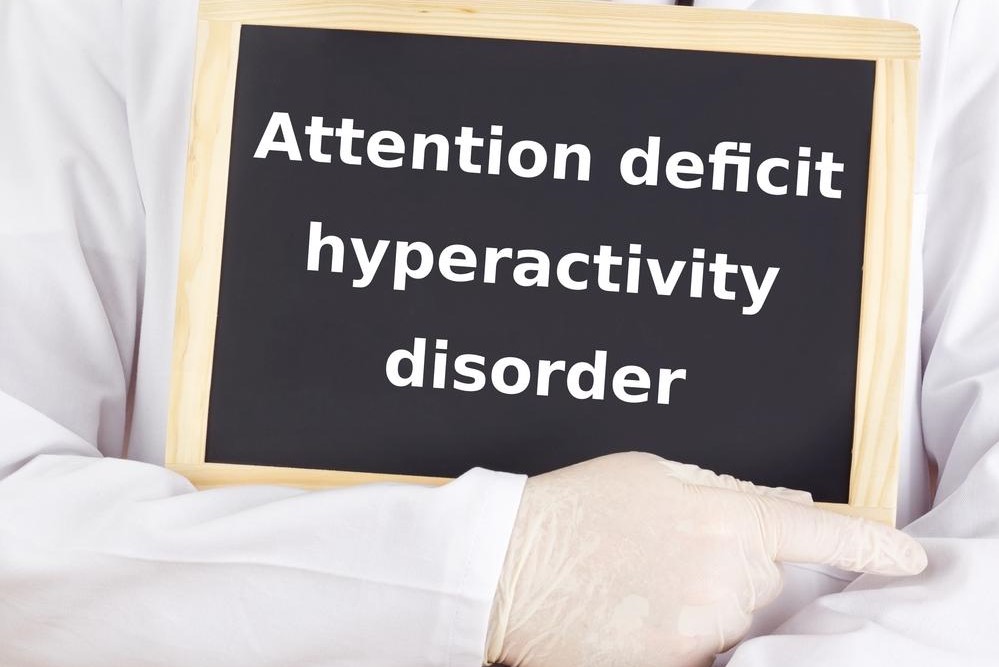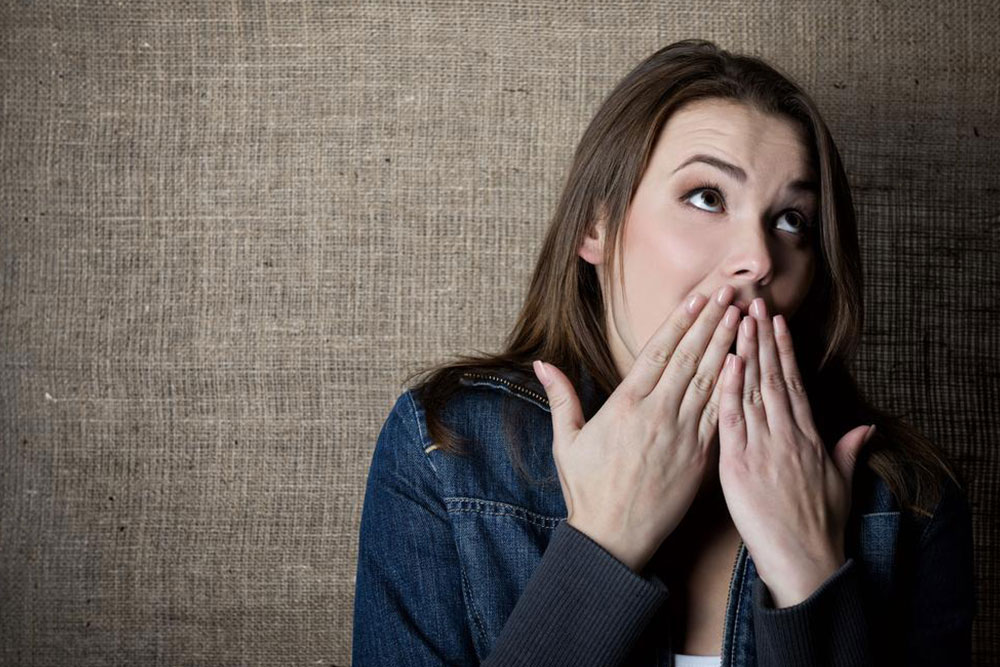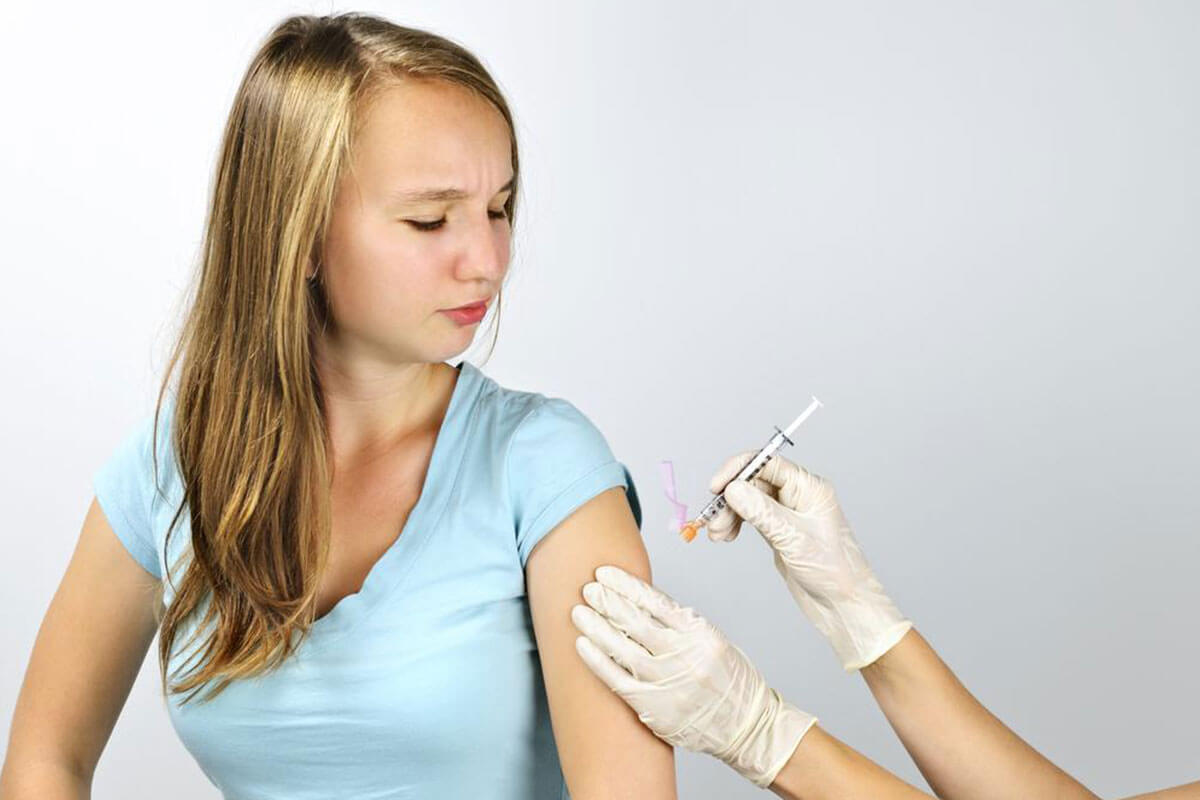Recognizing Signs of Head Injuries in Adults and Kids
This article details common signs of head injuries in both adults and children, emphasizing the importance of early diagnosis. It covers cognitive, behavioral, sensory, and physical symptoms, along with specific considerations for children. Recognizing these signs quickly can be life-saving and ensure prompt treatment to prevent complications.
Sponsored
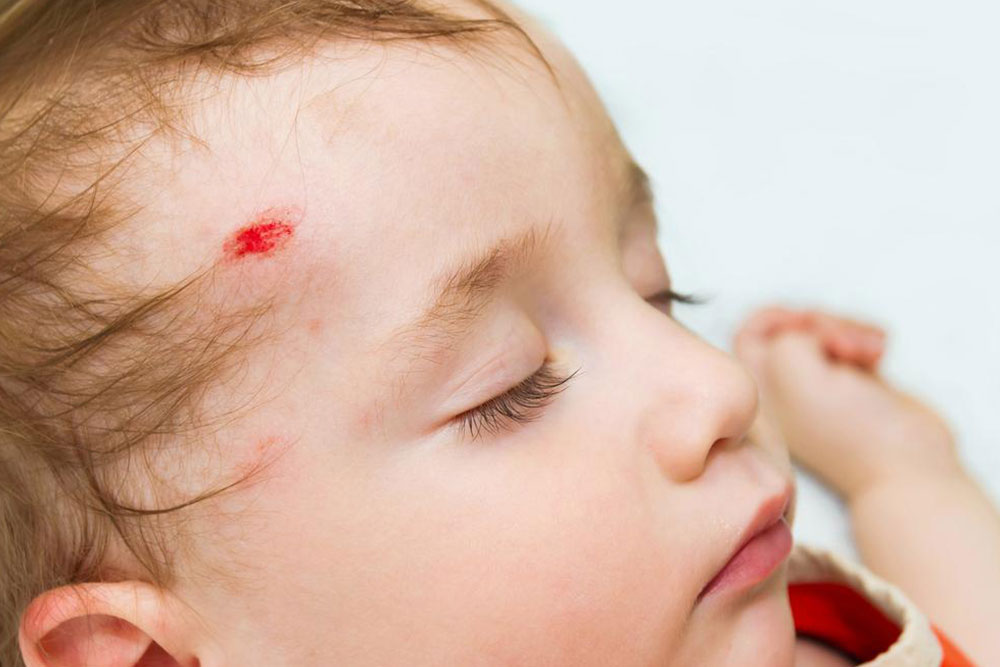
Signs of Head Trauma in Adults and Children
Head trauma symptoms can present both physically and psychologically. Prompt diagnosis is essential, whether effects are mild, moderate, or severe. While some symptoms occur immediately after injury, others can develop over several days. Below are common signs to watch for in head injuries.
Mental and Psychological Symptoms
These include memory problems, difficulty concentrating, mood swings, depression, anxiety, speech issues, confusion, and partial memory loss. Severe cases may lead to agitation, slurred speech, or coma.
Behavioral Changes
Certain head injuries can cause behavioral shifts such as unusual crying or laughing, heightened irritability, aggression, impulsiveness, repeated words or actions, and lack of restraint.
Sensory Symptoms
Sensory issues are common and may include blurred vision, ringing in ears, bad taste, altered smell, light or sound sensitivity.
Physical Signs
Physical symptoms can vary from mild to severe, including persistent headache, seizures, nerve injury, bleeding, muscle stiffness, bruises, fractures, and more.
Some frequent physical signs include:
Unconsciousness
Persistent nausea or vomiting
Fluid drainage from ears or nose
Numbness in fingers or toes
Difficulty waking up
Pupil dilation
Disorientation or confusion
Extreme fatigue
Coordination or balance issues
Sleep disturbances
Prolonged sleep episodes
Head Injury in Children
Children, especially infants, are more vulnerable due to falls. Immediate attention and thorough evaluation are critical. Signs may be subtle; watch for changes in eating, crying persistently, irritability, attention span reduction, sleep pattern alterations, or disinterest in toys. Seek medical advice if a child’s behavior or physical symptoms change significantly after a fall.

